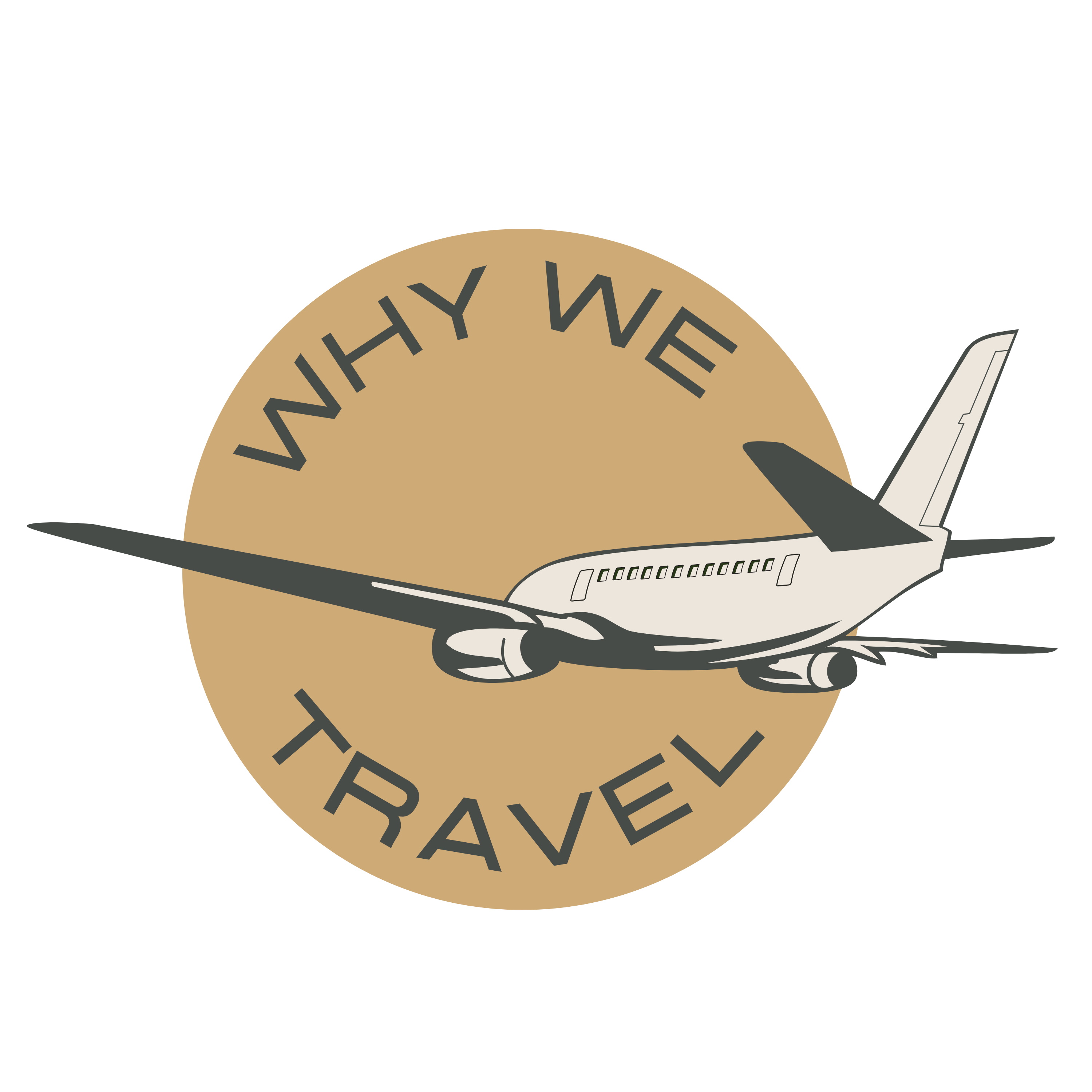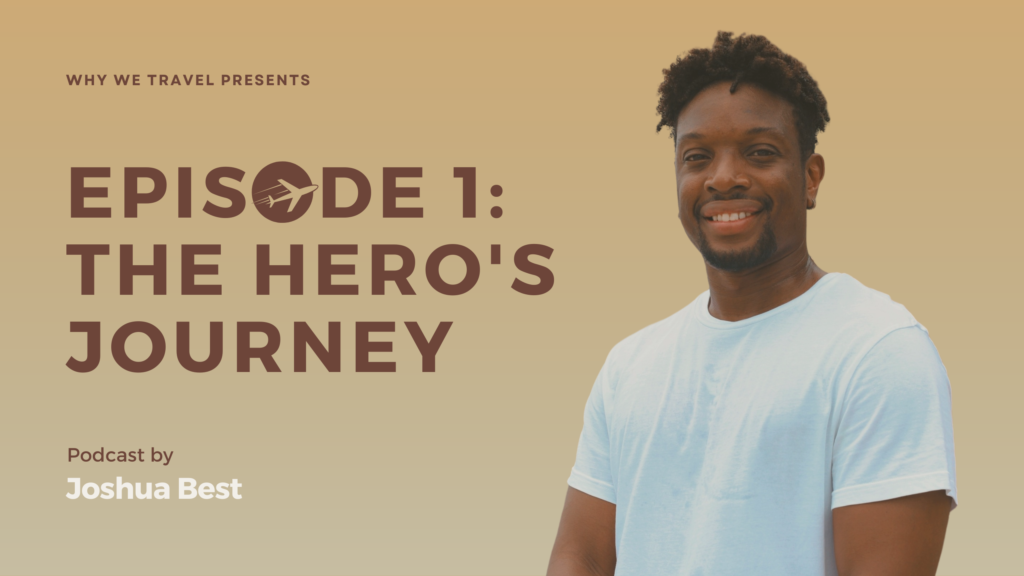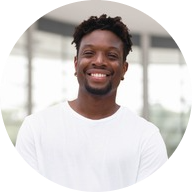Belonging is the sense of being one with a group or community. It is a the feeling that you’re a part of something bigger. You feel connected, close, and completely accepted by your people. But, belonging entails more than simply being a member of a group — and to Joshua Best, it is what propelled him to something bigger.
In this episode, Joshua Best, host of Why We Travel, shares his personal story, experience, and truth. A compelling tale of triumph and a vivid journey of life — From never being able to feel a complete sense of belonging to exploring diverse cultures — Get to know about your new favorite digital nomad and podcast host.
We hope you enjoyed listening and learned something new!
If you enjoy what you hear, please rate and review the podcast, subscribe, and pass it along to a friend.
Episode Transcript
Joshua Best: Today you’re listening to Season [1] episode [1] called [Why We Travel: The Hero’s Journey] which is an introduction of my personal story, what the podcast is about, and what inspired me to launch this project.
The year is 1987 in Flatbush Brooklyn, an ethnic conclave for Caribbean migrants where my two Panamanian parents met and gave birth to me. They would eventually journey South down highway I-95 and settle in Columbia, Maryland, a planned community developed by the visionary James Rouse with the intention of eliminating racial, religious and class segregation. Being someone with my background growing up in Columbia would set the stage for my cultural curiosity to the world. And while being from Howard Country, affectionately known as HoCo would nurture my cultural curiosity, it is certainly part of my nature as well.
I am a 2nd generation American with West-Indian heritage born of Latino parents but fully fluent in neither Spanish nor Patois. For my faith I was raised practicing Judaism as a Hebrew Israelite. And while distinct from the Jewish status quo, we practiced our religion in a manner that was also separate from the local Israelite community. Despite this complex identity, it gets deeper – America’s racial construct simplifies me to be seen as African-American even though my culture is very different from African-Americans. The end result of this equation is being able to easily identify with a multitude of social groups including: Black, Israelite, Jewish, West Indian, Latino, Caribbean, and having predominantly White Christian peers. And while never being able to feel a complete sense of belonging due to missing one key characteristic; I still carried many keys that served as the password to their cultural speakeasy.
My circumstances have taught me how to navigate the waters of a diverse society and propelled me to learn more about other groups. Furthermore, cross-cultural communication became more than a skill for me; it became a survival tool. And what better way to explore other cultures than to travel?
For me college and getting more in touch with my own cultural groups became the first step. Growing up in a predominately white society fueled my desire to go to an HBCU, which is a Historically Black College University. These are typically southern schools founded in America when segregation was still an explicit policy. Also taking advantage of the opportunity to seek warmer climates, I journeyed down to Florida and spent two years of undergrad at Florida Agricultural & Mechanical University, Florida A&M for short, and endearingly known as FAMU.
Being immersed in Black culture was cathartic – from the lively band known as the Marching 100 to being introduced to Black fraternities and sororities and being surrounded with people who looked and identified with the same as myself, it made America feel more like “home” than it already had.
But I didn’t stop there. In 2007 I studied abroad in Panama via Florida State University’s campus in Panama City. That experience was quite unique – not only living the life of an international student – but experiencing the country both as a tourist and as a descendent. Seemingly minor things such as seeing a street vendor pouring canned milk over shaved ice would recall very familiar memories vicariously acquired through my parents’ sharing their childhood memories.
Fast forward to post graduation and becoming a young professional – I knew I wanted an international career that would afford me the opportunity to not only see the world, but engage with professionals from other countries. I’d eventually become an global recruiter at a international development consulting firm, Assistant Director for a university program where students worked abroad for a semester, various roles at a a start-up shepherding a community digital nomads to a new country every month for a year, and also working at an HR tech firm where I helped incorporate local entities in Asia and handled corporate immigration cases for their clients.
Throughout those experiences I was able to have a real-world application of my undergrad and graduate degrees. It is one thing to learn about Indonesia in a textbook, another thing to go to Bali for a holiday, and a truly transformative experience to be in Jakarta and learning to be more social in order to get the job done, or making job offers and learning how the woman in the household would need to sign-off on her husband’s job offer because there they handle the expenses. It was also quite an experience to be an expat living in Australia for nearly two years and sometimes having stronger cultural faux paus there than I did in Morocco.
Likewise, my favorite class in grad school was called “Immigration & Labor” where we learned about the push and pull theory for human migration. Push factors encourage people to leave their home country to settle elsewhere, while pull factors then attract migrants to new host countries. Think of a Venezuelan refugee who is pushed to leave due to economic instability and political turmoil and then Panama becoming an attractive destination due to it being a nearby Latino country speaking their language and having a relatively strong economy. Or perhaps the American digital nomad who left America from being saddled with insurmountable student debt and then settling in Chiang Mai Thailand given its low cost of living and an easily accessible digital nomad community there. By going abroad, countless people evoke the power of freedom and manifestation to change their environment into one that better serves their purpose, wellness, and self-actualization.
As you may be able to tell, my philosophy is that travel is inextricably linked to personal development and thus what I would describe as an integral quest in one’s own hero’s journey where you cross the threshold in an unknown world as a beginning of transformation. The hero’s journey it’s a literary framework that when applied to one’s own life, puts you at the center as the protagonist in your own movie or main character in your own game. Each trip to a new destination allowed me to exponentially level up to be a better person.
According to mythology expert Joseph Campbell, we all have our own hero’s journey as he states, “The images of myth are reflections of spiritual and depth potentialities of every one of us. Through contemplating those we evoke those powers in our own lives to operate through ourselves.”
Consequently, I not only imagine but have found communities of people like me across the world where travel is inextricably linked to their hero’s journey as well – making it a deeply enriching exercise.
Unfortunately though, travel and tourism is often portrayed as superficial retreats where people boast on Instagram or are Westerners mindlessly colonizing trendy destinations. And while that does happen, human migration is much deeper than that. Crossing national borders most often includes overcoming personal boundaries within yourself and across cultures.
That is why I started Why We Travel – to flip the paradigm behind the labels: “tourists”, “nomads”, and “expats” with real stories from real people – using academic insight to better understand themselves, the world we live in and ultimately unpack…Why We Travel.


